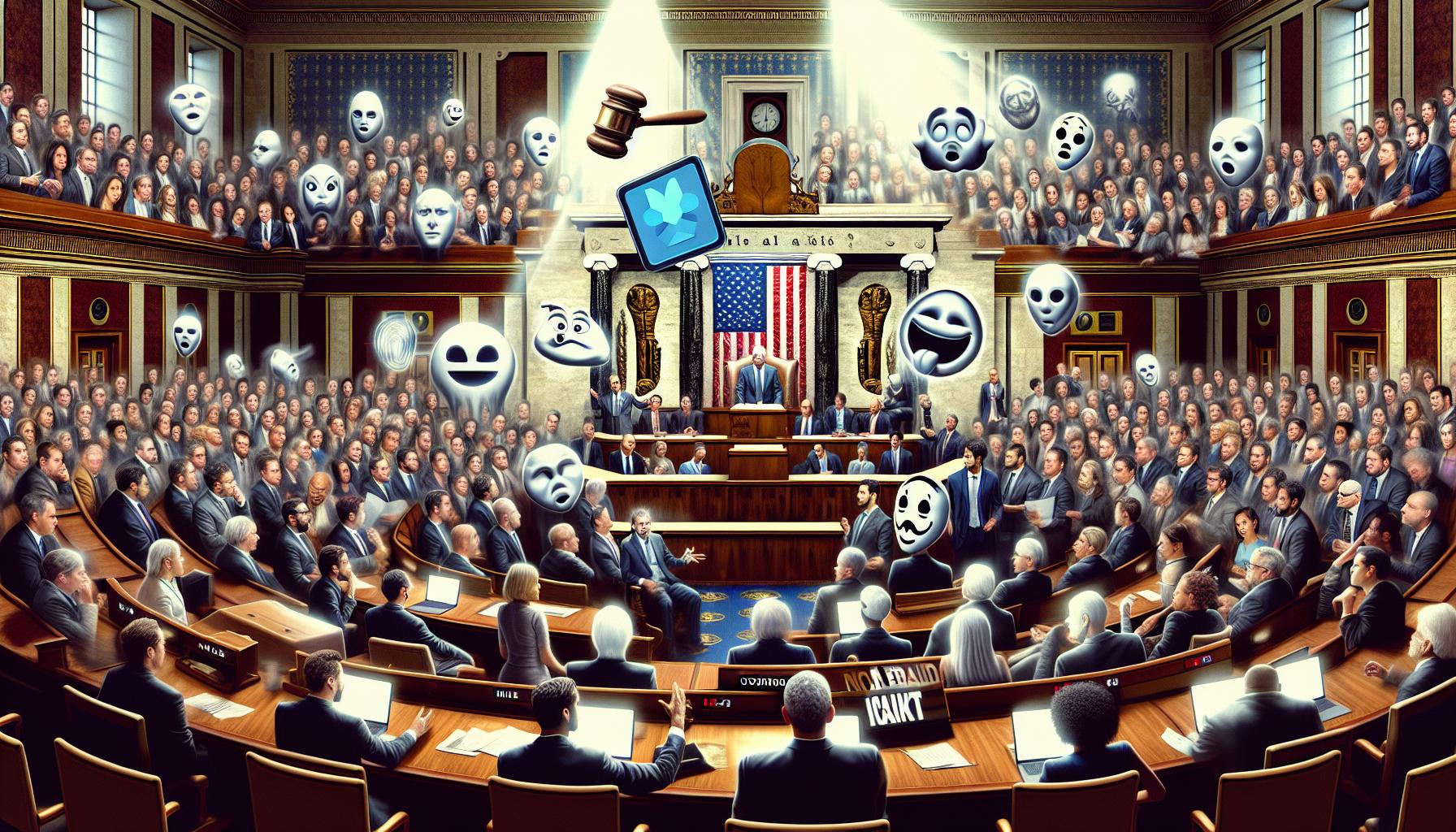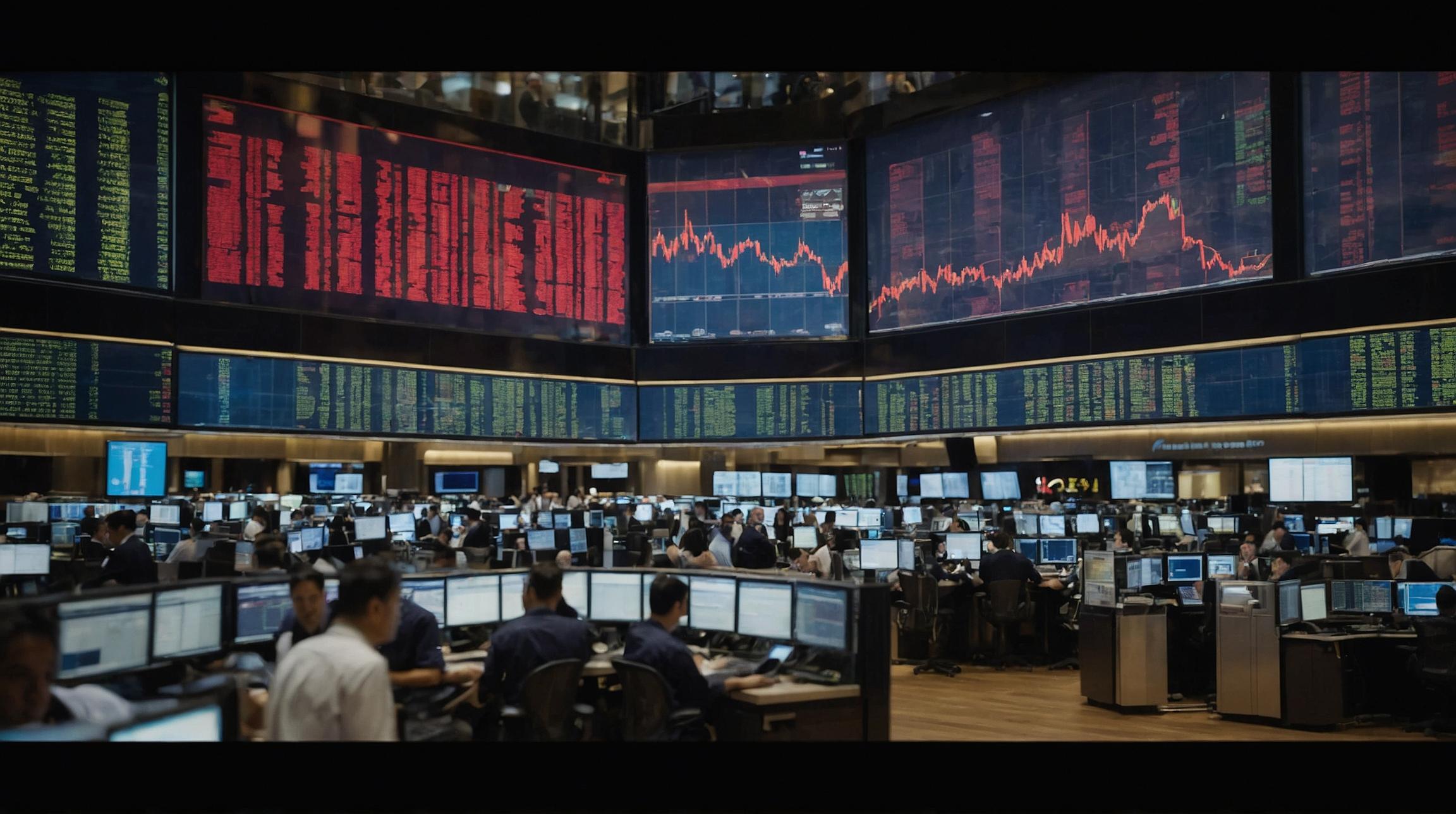The Rise of Deepfakes and the Urgent Need for Legislation
Lawmakers Grapple with the Threat of Deepfakes and the Impact on Society
by [Your Name]
—
The Growing Threat of Deepfake Technology
Deepfake pornography, fraud, and fake celebrity endorsements have flooded social media and the internet, fueled by advancements in artificial intelligence (AI). As lawmakers strive to curb the spread of these malicious deepfakes, concerns are rising about the ease with which misleading information can be disseminated. Last year, a fabricated photo depicting an attack on the Pentagon caused a stock market dip within minutes, illustrating the potency of manipulated imagery.
—
The Challenge of Protecting Individuals Without Infringing on Freedom of Speech
Lawmakers find themselves in uncharted territory as they grapple with how to safeguard individuals from deepfake portrayals without encroaching upon the First Amendment or stifling the positive aspects of AI innovation. One proposed bill, the “No AI Fraud Act,” which aims to provide legal recourse for individuals to sue against the unauthorized use of their likeness or voice, has ignited debate about the balance between protecting against AI impersonation and preserving freedom of expression.
—
The Legal Implications and Concerns
Concerns have been raised about the potential impact of the “No AI Fraud Act,” with critics arguing it poses significant challenges. Shoshana Weissmann, a fellow at the R Street Institute, argues that while AI impersonation is an issue that fraud laws should address, the proposed legislation falls short in its approach. The bill’s broad definition of likeness and voice could inadvertently restrict harmless parodies, even encompassing animated shows like South Park and Family Guy.
—
The Potential Dangers of Unintended Consequences
Weissmann highlights flaws within the bill, stating that it would likely lead to immediate legal challenges based on First Amendment grounds. Furthermore, the bill’s ambiguous language would create a chilling effect on free speech by subjecting individuals to the risk of being dragged into court over harmless parodies. This raises concerns about the potential misuse of the legislation, allowing public figures to sue under claims of “severe emotional distress” resulting from parodies.
—
Striking the Right Balance
Critics of the bill argue that a more thoughtful and narrow approach is needed to address concrete harms caused by deepfakes while simultaneously protecting comedic expression and satirical content. The current draft of the bill, in its broad scope, threatens to extend its reach far beyond the intended target. To ensure the legislation is practical and effective, amendments should focus on specific harms and implement safeguards against lawsuits arising from obvious parodies.
—
The Call for Action and the Need for Artist and Citizen Protection
Supporters of the bill, such as Florida Representative Maria Salazar, emphasize the importance of empowering artists and individuals to safeguard their work and individuality online. Salazar contends that the “No AI Fraud Act” fills a crucial gap in existing legislation, providing much-needed protection against bad actors exploiting AI technology. However, further deliberation and refinement are necessary to strike the right balance between protecting individual rights, creativity, and preserving freedom of expression in the digital era.
Analyst comment
Positive news: The Rise of Deepfakes and the Urgent Need for Legislation
As an analyst, I predict that the deepfake market will face increased scrutiny from lawmakers who aim to protect individuals from fraud and malicious manipulation. The proposed “No AI Fraud Act” may face challenges for potentially restricting freedom of speech and artistic expression. Amendments are needed to strike a balance between safeguarding against deepfake harm and preserving creativity. Refinement of the legislation will provide crucial protections for artists and individuals online.













